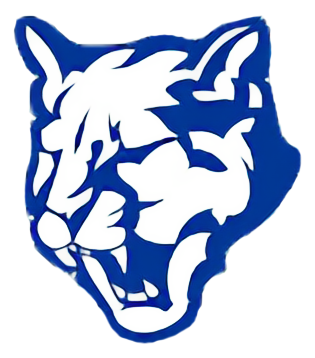Skip to content
Show submenu for District
District
Show submenu for Academics
Show submenu for Faculty/Staff
Show submenu for Students
Show submenu for Athletics
Show submenu for Parents/Community
2024-2025 Board of Education Goals
Military Service Members
Show submenu for
